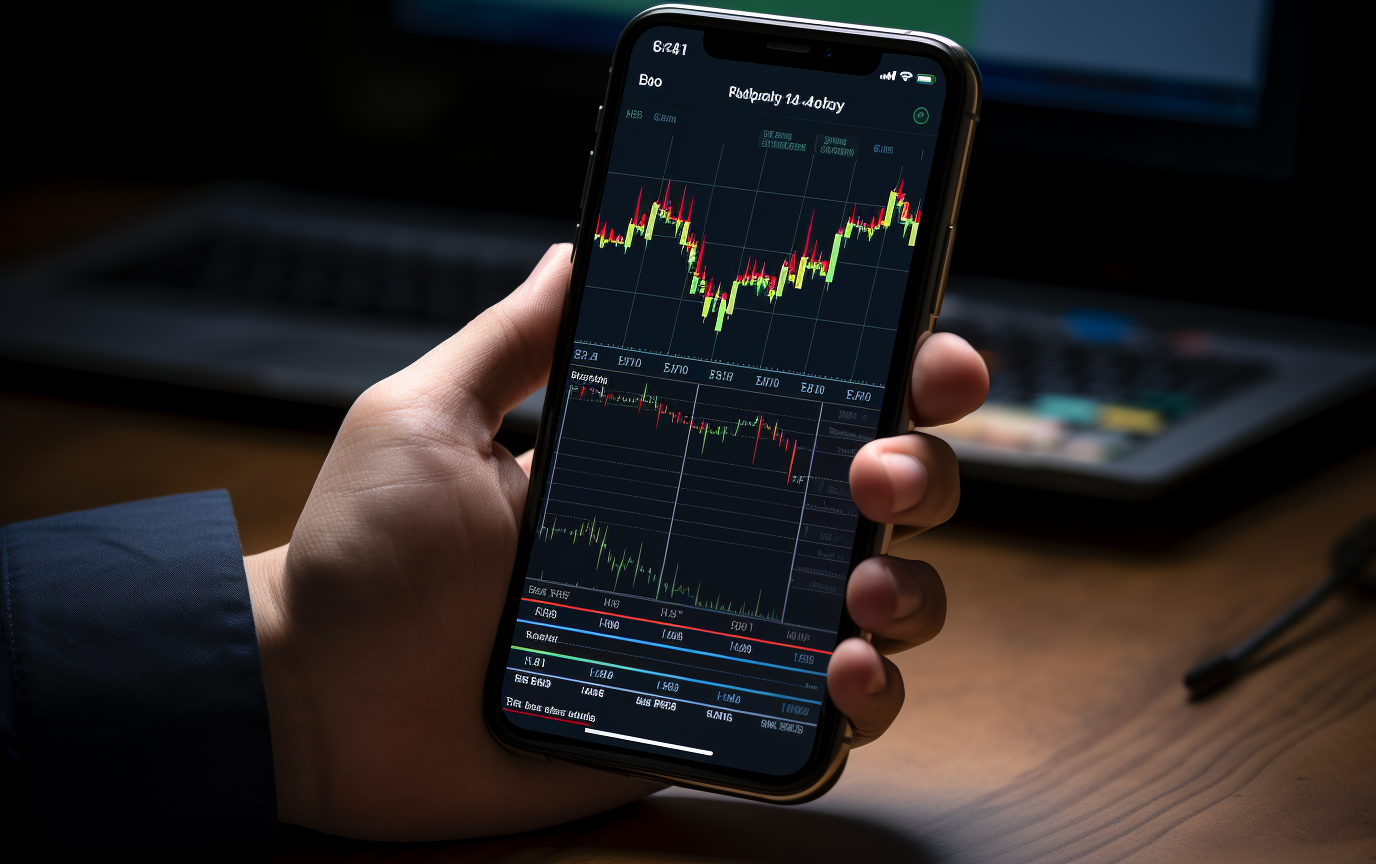How People Really Make Cash with Cryptocurrencies

You’ve probably caught those quirky crypto Super Bowl ads, leaving you with a mix of bewilderment, dystopian vibes, and an odd sense of déjà vu. But maybe, just maybe, you’re one of those folks who think there’s still a treasure trove to unearth in the world of blockchain. Whether you’re itching to dive in or have already dipped your toes by investing with platforms like Coinbase and FTX (the ones with those Super Bowl commercials), there’s a whole adventure awaiting you.
The Cryptocurrency Landscape
Keeping tabs on Bitcoin’s rollercoaster, Ethereum’s wild ride, and the never-ending crypto carousel can be a full-time gig. It’s like a day-trading extravaganza. And while you might have heard of NFTs – those digital collectibles you can mint, buy, or sell – they can still seem as mysterious as a Bermuda Triangle.
Now, if you’re in it for the long game (not just chasing daily highs and lows), there are ways to make your crypto stash work for you. Enter staking and yield farming on DeFi networks, where “DeFi” stands for decentralized finance, encompassing all things crypto and smart contracts.
Staking Cryptocurrency
Staking is a breeze. It usually means locking up your cryptocurrency and watching it grow through interest and fees, thanks to blockchain validators. Those validators make transactions happen, and a slice of the fees goes right back to the stakeholders.
This type of hold-for-interest has become so popular that mainstream crypto dealers like Coinbase offer it. Some tokens, such as the very stable USDC (pegged to the US dollar), offer about .15 percent annual interest rates (not too different from putting your money in a bank in a low-interest checking account), while other digital currencies might earn you 5 or 6 percent a year. Some services require staking to lock up funds for a certain period of time (meaning you can’t deposit and withdraw whenever you want) and may require a minimum amount to draw interest.
Yield Farming
It’s so straightforward that even big-name exchanges like Coinbase are in on the game. You could park your stablecoin USDC (linked to the US dollar) and earn around 0.15 percent interest each year – not too different from your cash snoozing in a regular bank checking account. But if you’re keen on a riskier ride, some digital currencies could rev up your earnings to 5 or 6 percent annually. Just remember, some services might require you to lock up your funds for a bit and maintain a minimum balance to earn interest.
Now, yield farming adds a bit more spice. It’s not rocket science but a tad more complicated. You toss your funds into liquidity pools, often pairing different tokens. For example, a pool matching Raydium with USDC might spit out a combined token that can net you a hefty 54 percent APR (that’s annual percentage rate). Sounds bonkers, right? Well, it gets crazier. Some brand-new, super-volatile tokens might take you on a thrill ride with hundreds of percent APR and APY (APY considers compounding) in the 10,000 to 20,000 percent range.
The Risks of Yield Farming
But here’s the twist – if it seems too good to be true, there’s a catch. Yield farming is a bit riskier compared to staking. Those tokens offering mind-boggling interest and fee yields can nosedive if their base tokens suddenly plummet in value. There’s a term for this rollercoaster ride – “impermanent loss.” So, while you’re earning big on fees, what you put in might end up being worth less when you withdraw, depending on the token’s market value.
The Perils of Leveraged Investing
And if you’re feeling extra adventurous, some DeFi services offer leveraged investing. You can toss in a 2X, 3X, or even higher multiplier to your yield farming investment, hoping to recover the collateral with a high APY. But here’s the catch: guess wrong, and you might lose it all, with only a fraction of your initial investment returned.
Avoiding Low-Liquidity Pools
A word to the wise: steer clear of those low-liquidity pools if you’re new to yield farming. The DeFi world measures this with “TVL,” short for total value locked, which tells you how much moolah is in a particular liquidity pool, currencies, or exchanges.
The Vulnerability of DeFi Services
Now, like any digital realm, DeFi services have their vulnerabilities – hacking, coding hiccups, and other technical hitches. So, scoring those sweet and steady yields might demand more time and effort than you’d expect for “passive” income. It’s akin to playing the stock market but with extra volatility. You could say it’s part skill, part luck, and a dash of guts.
Getting Started with Staking and Yield Farming
If you’re raring to give staking and yield farming a whirl, start by checking if your go-to crypto exchange offers these options. Binance, FTX, Coinbase, TradeStation, Kraken, and many others are in on the action, with staking opportunities for Ethereum, Tezos, Polkadot, Solana, and more.
On the yield farming front, platforms like PancakeSwap, Curve Finance, Uniswap, SushiSwap, and Raydium offer a one-way ticket to swapping tokens, diving into liquidity pools, and joining yield farms. These ventures often connect with crypto wallets, making it a breeze to manage your funds. So, what are you waiting for? It’s time to dive into the cryptocurrency playground and make your money work for you.






